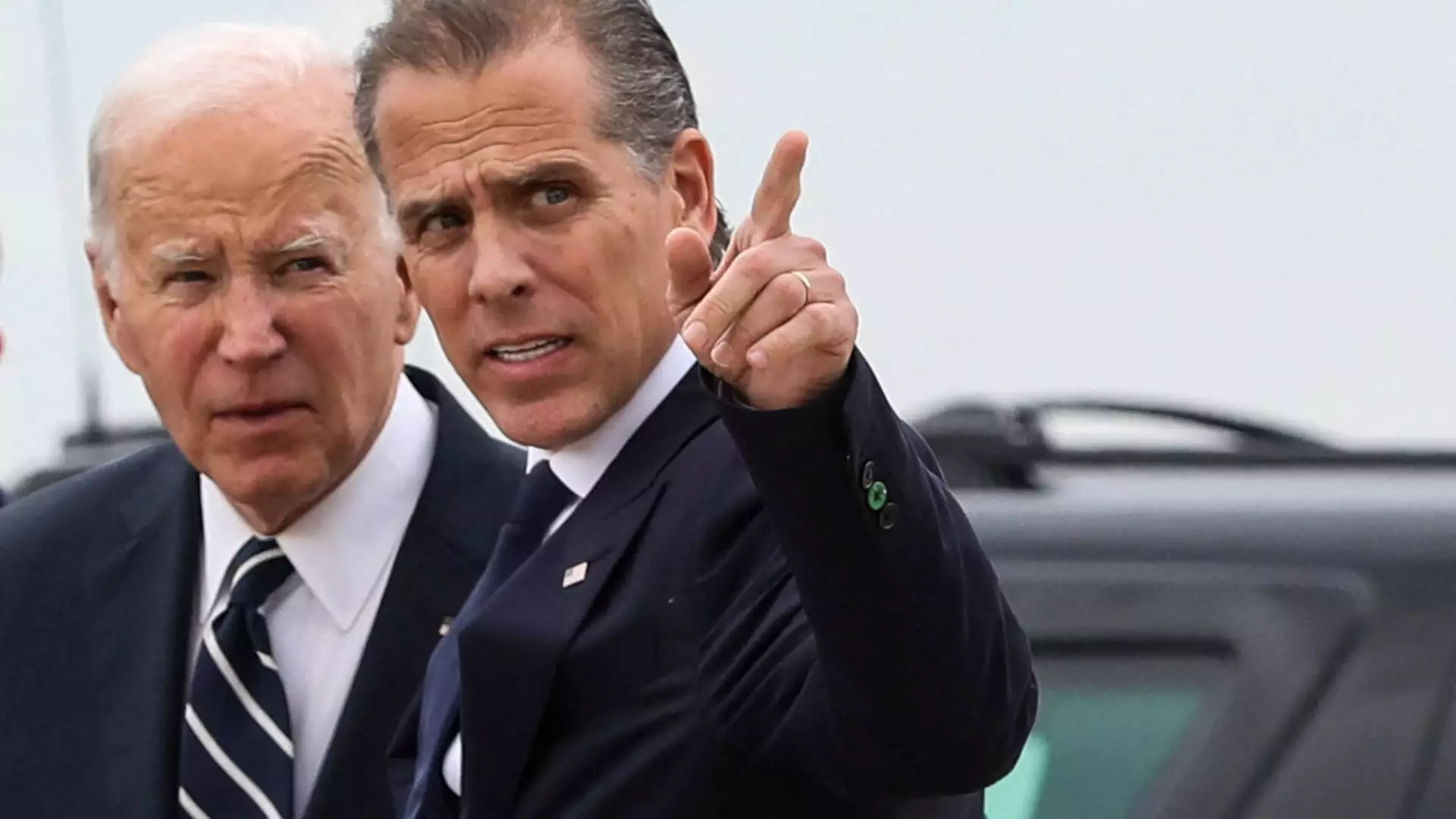Leadership at the highest level demands clarity, decisiveness, and unwavering focus. Yet, beneath the polished surface of presidential appearances lies an often overlooked but crucial element: the mental and physical wellbeing of the leader. In recent revelations, Hunter Biden’s candid admission that President Joe Biden used Ambien before a pivotal debate casts a harsh light on the overlooked influence of prescription medication on political cognition. This disclosure challenges the perception of presidential strength and exposes a broader issue of accountability—how health and wellness are managed in leaders entrusted with millions of lives.
No leader can operate at peak capacity without adequate rest and mental sharpness. Still, the pressures of aging, grueling schedules, and the relentless scrutiny of public life create a perfect storm. Claiming that sleep aids like Ambien may have impaired Biden’s debate performance underscores the dangerous misconception that medication is an innocuous ‘quick fix.’ Sleep pharmaceuticals can dull mental acuity, induce disorientation, and impair judgment—everything a president needs to handle crises effectively. A leader’s health should never be a hidden issue; transparency and honesty about how health conditions impact decision-making is vital for public trust and the integrity of the office.
The Political Ramifications of Private Struggles
Hunter Biden’s remarks not only reveal personal struggles but also ignite political firestorms. The fact that questions about Biden’s cognitive health are increasingly fueled by such disclosures feeds into a broader narrative of skepticism regarding leaders’ fitness for office. The Republican-led investigations into Biden’s mental acuity are more than partisan moves—they signal a growing concern about transparency and accountability from the highest office. When evidence suggests that medication or health issues could impair decision-making, the public’s right to know becomes even more urgent.
The invocation of the Fifth Amendment by key administration officials highlights the politicized environment surrounding these issues. While legal rights protect individuals from self-incrimination, they also foster a climate of opacity that can undermine democratic processes. When officials refuse to answer questions about a leader’s health, the weight of suspicion deepens, and faith in leadership erodes. Transparency should be a non-partisan cornerstone; concealing health issues—whether due to privacy or political strategy—weakens democratic accountability and erodes public trust.
Challenging the Myth of the Invincible Leader
The narrative surrounding President Biden—often portrayed as a seasoned yet resilient statesman—perpetuates an unrealistic idealization of leadership invincibility. Reality, however, is far more nuanced. Aging leaders face unique vulnerabilities, including health challenges that, if unaddressed or hidden, can impact their ability to serve effectively. Acknowledging these issues does not diminish the office, but rather humanizes it and fosters an environment where wellness and transparency are prioritized.
Furthermore, the debate surrounding Biden’s health is emblematic of a larger societal conversation about expectations and limitations. Society must confront the uncomfortable truth: leadership is not about the appearance of strength but the reality of capability. A leader who is candid about health issues—and who receives appropriate support—can lead more ethically and responsibly than one who conceals vulnerabilities for political expediency. In essence, acknowledging human imperfections and vulnerabilities enhances not only personal integrity but also the democratic process itself.
Implications for Democracy and Governance
Discussions about presidential health extend beyond personal concerns; they strike at the core of democratic accountability. When crucial information is obscured—or when officials invoke legal protections to avoid answering questions—it fuels cynicism and erodes the social contract between the governed and the governor. Democracy depends on an informed electorate capable of scrutinizing their leaders. If that scrutinization is obstructed or obscured, the foundations of accountability are compromised.
The ongoing investigations and the silence of key figures illuminate the fragile balance between privacy rights and the public’s right to know. While respecting medical confidentiality is vital, elected officials hold a unique responsibility to maintain transparency about issues that could affect their decision-making. Failure to do so deteriorates democratic legitimacy and fosters distrust—an outcome that benefits no one, least of all the nation.
Leadership in a democratic society demands honesty not just about policy, but about the human beings behind the office. The revelations about Biden’s sleep aids and the subsequent political fallout prove that health issues are not isolated concerns—they are central to the integrity of governance. As citizens, we must advocate for leaders who prioritize health, transparency, and accountability over concealment and political expediency. Only then can democracy truly thrive, grounded in trust and rooted in the understanding that vulnerability, when openly acknowledged, ultimately fortifies rather than diminishes the capacity to serve.


Leave a Reply